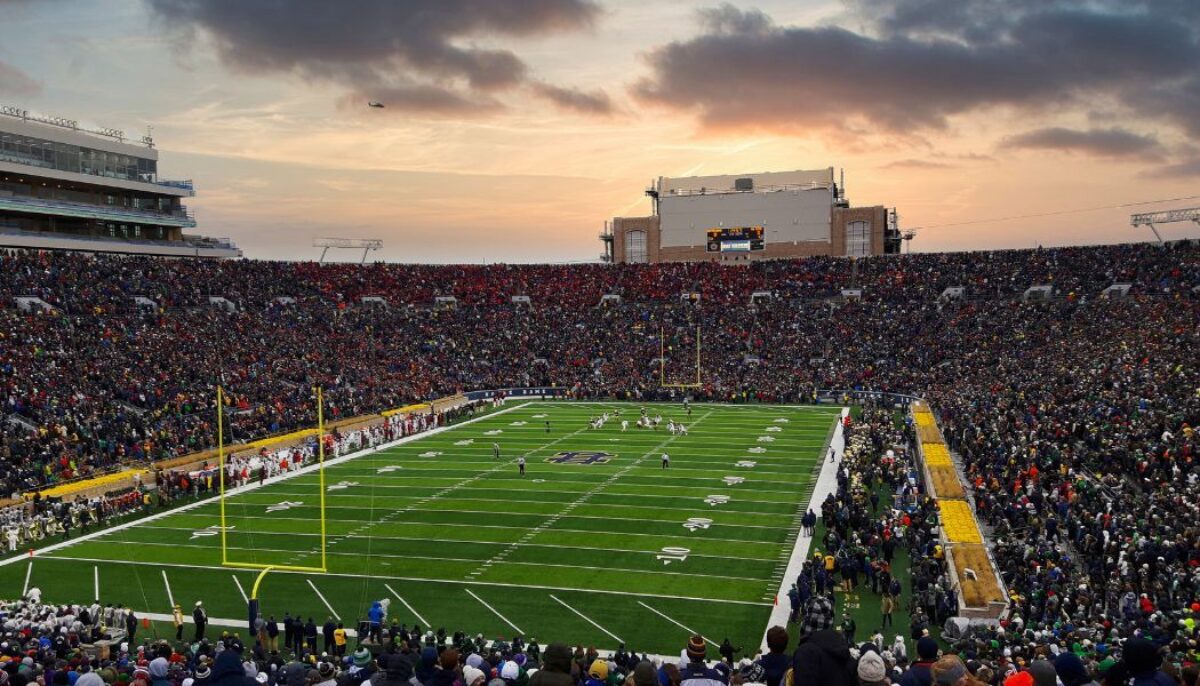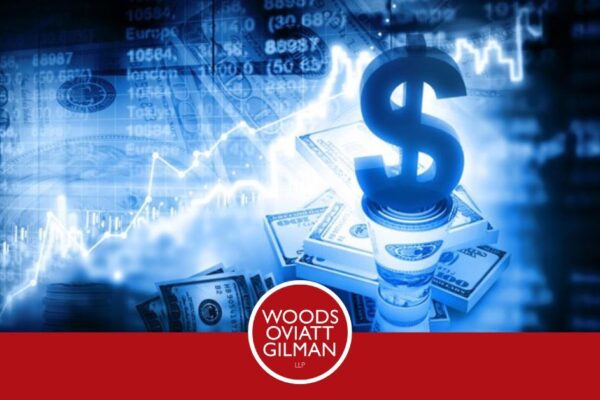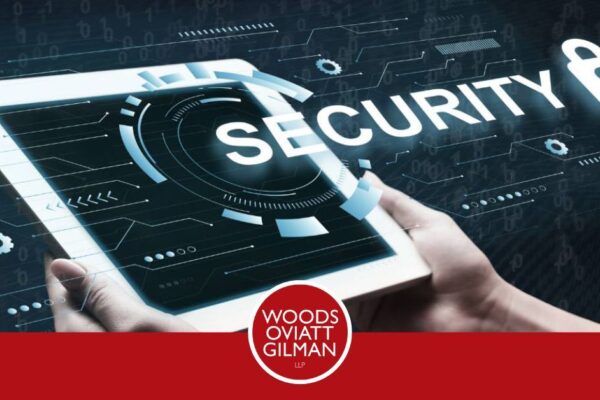8-13-24 - As seen in Street & Smith's Sports Business Journal - The legal implications of private equity in collegiate sports

The landscape of collegiate sports is undergoing a profound transformation, spurred by the increasing involvement of private equity firms. The shifting landscape is raising a host of legal implications ranging from antitrust concerns to ensuring compliance with existing NCAA regulations.
Antitrust concerns
One of the most significant legal implications of PE’s entry into collegiate sports is the potential for antitrust violations. The NCAA, which governs college sports, has historically maintained strict control over the economics of college athletics in an effort to preserve amateurism. However, the influx of private capital threatens to disrupt this dominance. PE firms, driven primarily by profit motives, will push for greater commercialization and monetization of college sports, including payment of players, conference realignment, and improving facilities, all of which could create monopolistic practices.
Antitrust laws, designed to prevent anti-competitive behavior, could be violated if PE investments result in unfair market dominance or collusion. For example, if a PE firm acquires a stake in multiple college athletic programs, it could lead to coordinated practices with respect to scheduling, standardizing athlete compensation, negotiation of broadcasting rights, or setting ticket and merchandise prices in ways that suppress competition or impact competitive market dynamics.
PE-backed programs could also collude to set limits on NIL earnings, which may suppress wages and limit student athletes’ earning power. Moreover, PE involvement may widen the gap between well-funded Power conferences and less-funded mid-major athletic programs, which can create an uneven playing field that undermines fair competition.
The NCAA and federal regulators will need to monitor such developments to ensure compliance with antitrust laws as PE becomes increasingly involved in college sports.
Compliance with NCAA regulations
The NCAA’s regulatory framework is another critical area affected by the rise of PE in collegiate sports. The NCAA has long enforced rules to maintain the amateur status of student athletes, which has limited student athletes’ ability to profit from their athletic endeavors. However, recent changes allowing athletes to benefit from their NIL have begun to erode these boundaries.
PE investments could accelerate this trend as firms seek to maximize returns by leveraging the marketability of college athletes. This raises questions about the extent to which NCAA regulations are willing and able to adapt to a more commercialized environment without compromising the integrity of college sports.
Although student athletes are now allowed to profit from their NIL, NCAA guidelines are still in place to ensure these activities do not violate amateurism principles. PE firms may push for aggressive NIL deals that could toe the line of compliance, especially those involving complex business arrangements or high monetary values. The NCAA also prohibits providing benefits to student athletes beyond what is allowed in NCAA Bylaw 15, Equitable Distribution. PE involvement will likely offer additional benefits that the NCAA may consider impermissible to retain existing talent and attract new talent from the transfer portal.
Ensuring private investments do not violate existing rules or lead to unfair advantages for programs or conferences will be an increasing legal challenge for the NCAA.
Labor law implications
Another significant legal implication is the potential for changes in the status of college athletes under labor laws. Historically, student athletes have not been considered employees of their universities, which has exempted them from labor protections such as minimum wage, overtime pay, and the right to unionize. However, the involvement of PE and ongoing legal challenges to this structure could blur the lines between amateurism and professional sports.
If PE-backed collegiate programs start offering substantial financial incentives to athletes in creating job opportunities or business ventures, it could prompt additional legal challenges to their employment status. Courts and labor boards will likely be called upon to determine college athletes’ employment status, which could entitle them to various labor protections and benefits. This would have far-reaching implications for the financial and operational structures of college athletic programs.
Analysis
PE firms will assuredly provide capital to college sports, but it may also serve as trusted advisers to university presidents, CFOs and ADs. One funding method is a debt-like cost of capital structure without any fixed payments and returns tied to new revenue generation. This structure offers a nuanced approach to investment, balancing the risks and rewards benefiting both the investors and the institution by aligning interests, creating revenue-driven incentives, reducing financial pressures for institutions, and maintaining the institution’s control over its sports programs. The formation of specialized investment vehicles is another approach that would pool capital from investors to target diverse investment opportunities in different programs, facilities and commercial ventures, spreading risk and optimizing returns. PE firms could also enter into public-private partnerships with universities, combining public funding with private investment. This model allows for shared risk and resources, facilitating larger projects such as stadium construction, facility upgrades, or community sports initiatives.
Conclusion
Collegiate sports are one of the biggest industries in the world without a balance sheet, which naturally invites PE’s interest in the industry. Private capital infusion into college athletics is prompting reevaluation of antitrust, NCAA compliance, and labor laws. As this trend continues to unfold, stakeholders will need to ensure the commercialization of college sports does not undermine its foundational principles or lead to unfair advantages and practices. The ongoing evolution of modern-day college athletics will require careful oversight and adaptive legal strategies to protect universities, their student athletes and provide PE-firms the returns they desire.
Michael W. Perlo is an associate attorney at Woods Oviatt Gilman LLP in New York, and a member of the Meritas Sports Law Group of international lawyers working together to serve the legal needs of governing bodies, clubs, teams, athletes, and companies in the sports industry.


